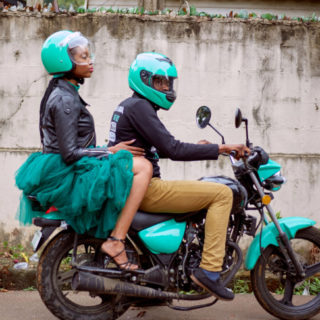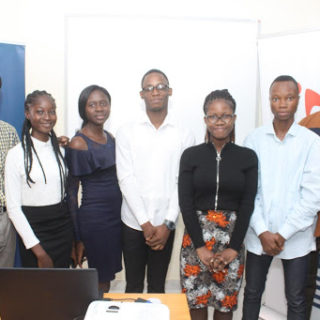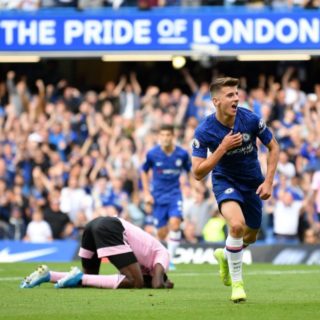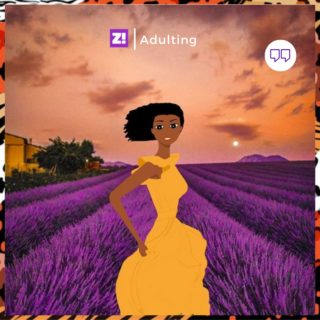
The moment when everything clicked – if you ask the average fan – was that morning in 2016 when a certain Canadian superstar put out another of his contrived hit singles.
It may have been the name on the credits, a lazy misspelling of “Whizkid” or the voice, a hyper-filtered loop that was as melodious as his core fans knew only he could be on his day.
Whichever way you remember learning of it, what mattered was that Wizkid had been featured on a Drake song one that would become the biggest song in the world.
Afrobeats had gone global. Nothing would remain the same.
In the last two years since “One Dance”, the gradual emergence of Nigerian pop music on the world stage has been defined by the theme of Afrobeats’ global journey.
And what a journey it has been.
Two of the world’s biggest record labels have set up shop in Lagos, with varying degrees of investment. Artistes like Ciara and Alicia Keys have turned to our pop music for inspiration, and if you listen carefully, you can hear afrobeats tucked neatly in other work, like in this single by Iggy Azalea.
While Davido sold out London’s O2 Arena last weekend, his 2017 smash hit, “Fall” was sitting pretty at #45 on Billboard’s R&B/Hip-Hop Airplay charts. It’s now risen to #39

Yet, there are questions about how far Afrobeats has travelled and whether it’s really the next gold mine. Davido and Wizkid’s international deals were defined by their labels’ reluctance to invest resources in the local sound on a global level. Wizkid’s 2018 project “Sounds From The Other Side” sold an abysmal 6,286 copies in its first week.
Has Afrobeats really gone global?
How far have we gone on this journey? And what the hell is afrobeats? We answered all those questions that cross your mind when you hear that infamous “Afrobeats to the world” tag..
What Is Afrobeats?
So, strictly speaking, there is no afrobeats. The term was coined by radio personalities and commentators from the UK as a way to describe the new catchy pop sound coming from Nigeria and West Africa in the 2000s.
The name was inspired by Fela’s Afrobeat – his raucous, politically-charged music.
However, apart from the fact that they’re both Nigerian, the two share no similarities. (which is why Burna Boy and many Fela stans such as myself are not fans of term).
Today, it’s synonymous with Afropop – African pop music with influences from R&B, hip-hop and jazz, and hybrids of that sound made by Africans in the diaspora.
Why Is African Music Garnering So Much Attention?
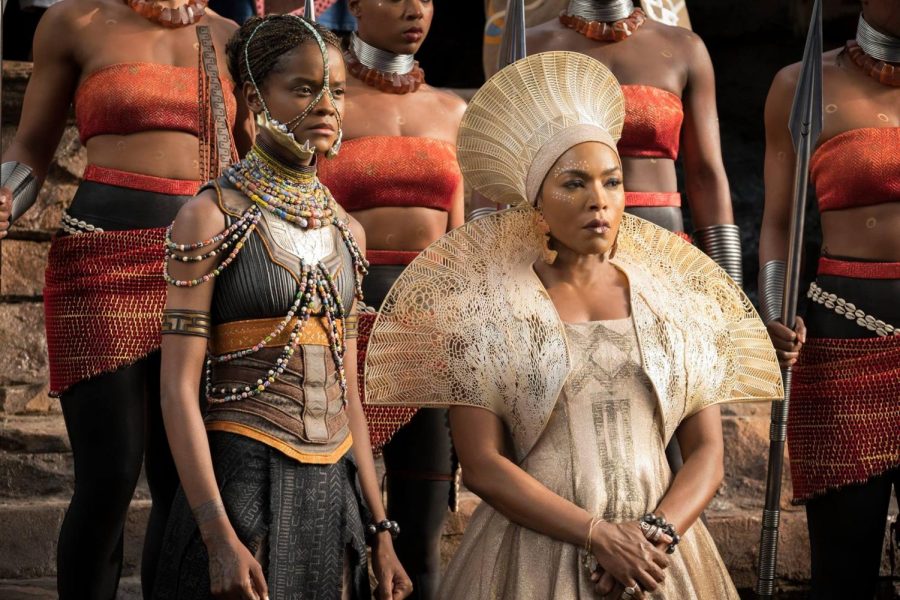
A number of factors. For one, the global music audience is thirsty for variety, and with every new iteration of soulful R&B or trap, there is a yearning for something original. Afrobeats and sounds like K-Pop, which is also enjoying some buzz, meet that need.
What stands out the most though is the renewed interest in Africa. Some people call it the “Black Panther Effect” – the idea that the depiction of Africa in pop culture is inspiring black pride and global interest in Africa. And nothing quite defines us like our music.
African musicians are also now a part of the global industry – when iTunes first launched, there were no Nigerian musicians on the app, today Spotify, a global streaming giant, has an entire hub dedicated to the music of and from Africa.
What Kick-Started This Global Kini?
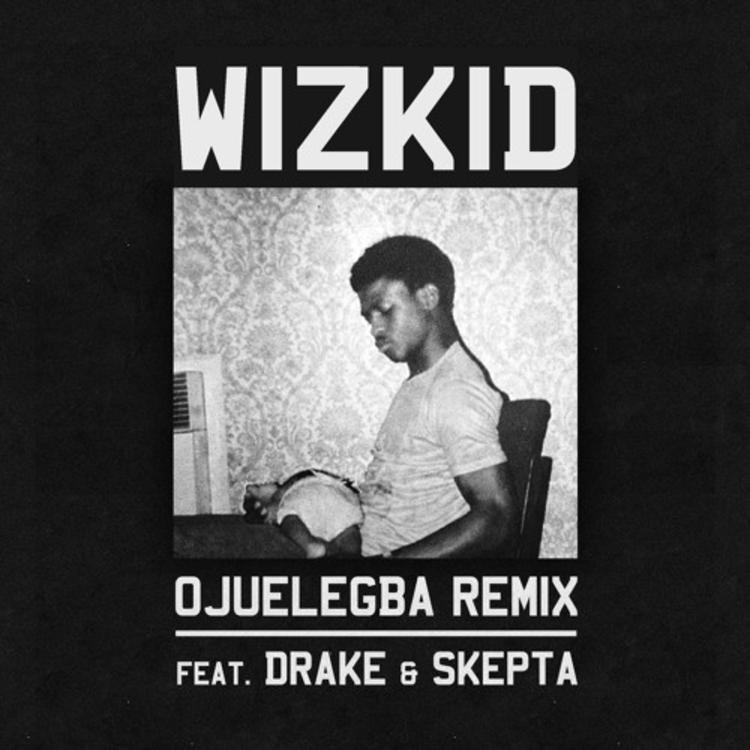
It’s impossible to tell this story without going through the UK.
For years, Nigerian musicians have steadily cultivated a fanbase there, particularly in London where there is a large community of Nigerians.
About half a decade ago, Wizkid and co picked up where D’Banj left off with “Oliver Twist” by scoring genuine hits in the UK.
Songs like “Azonto” made Wizkid a genuine star and pushed Afrobeats into the UK mainstream.
They also endeared its musicians to a lot of already established UK stars of African parentage.
One of them was Skepta who is said to have sent Wizkid’s Ojuelegba to Drake for a verse.
In return, well, sort of, Wizkid got on Drake’s One Dance and the rest, as they say, is on Youtube.
What Makes Afrobeats So Special?
No-one can make drums sound as good as African musicians. It is a testament of ancient African music that is still present in our music. African pop is built around noisy, multi-layered drums that all but drive the rest of the music. The result is a very immediate sound that fits with the celebratory tone of our music – and the world loves it.
The culture that surrounds the sound is also vibrant, colorful and most importantly, original – a trait that stands out in today’s hyper-gentrified world.
Is Afrobeats Big Around The World?
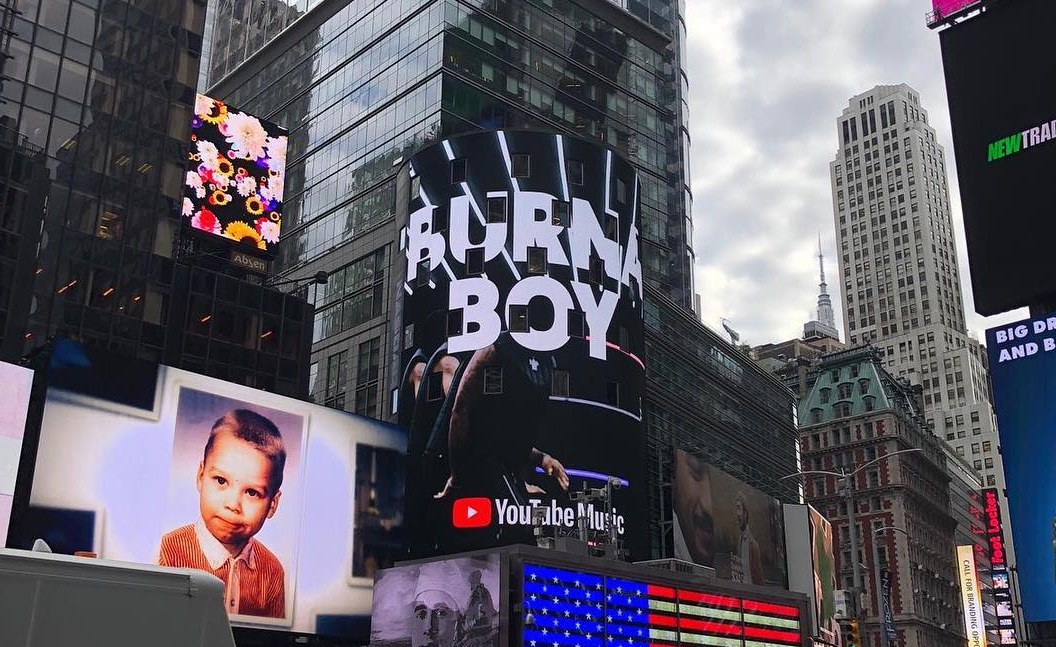
In the UK, yes. Very much so. To a lesser extent, it’s beginning to grow in parts of Europe with large African communities. In the US, the case is different. The musicians seem to be caught in the wave but the story is not that exciting when you check the audience.
Granted, there are small communities and even cities such as Atlanta where Nigerian music is big.
However, this is more because there are large, often established communities of Nigerians with strong ties to the motherland in those areas, not because the music is big. (Davido lived for a while in ATL and still has family there).
Davido’s “Fall” is getting substantial airplay in the US nowadays and has been steadily riding up the charts. Could it be a sign? Stay tuned.
Is There A Chance Of Afrobeats Being Westernized?
Definitely. In fact, I think it’s inevitable.
You see, music at any given stage is an amalgam of all the influences that came before it.
Take hip-hop for instance; it started as a medium where DJs would talk trash over loops of the break-beats on disco tracks, then it took on influences from punk rock, jazz, added its own musicians known as rappers, became political and explicit, and eventually what we have today, and it’s still evolving.
Afrobeats as it is today, has also borrowed from western sounds.
Its best elements will undoubtedly serve as the bedrock of some future hybrid. It’s only a matter of how and when.
How Will We Know When Afrobeats Is Truly Global?
There are many boxes that it would traditionally need to tick.
For instance, if Davido’s “Fall” rose by some miracle to #1 on the Billboard Hot 100, we’d have the biggest song in the US and quite possibly, the world.
But in the digital age, the parameters are very flexible.
To have a global sound today would mean something that permeates all aspects of pop culture – when our songs are on the charts, our streaming numbers are steadily in the hundreds of millions, and we can see our influence in everything from television to fashion.
To be fair, we’re not a long way off.
Who’s Afrobeats’ Biggest Ambassador At The Moment?
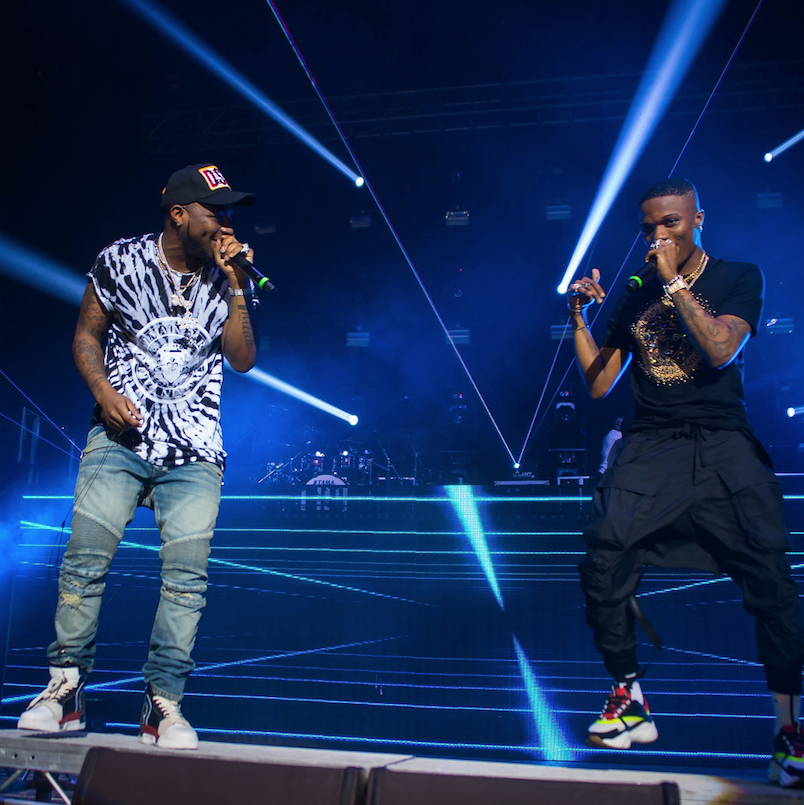
Depends on who you listen to and what question they think they’re answering.
England’s Channel 4 will tell you it’s Davido, but that’s likely because he’s the hottest name in Afrobeats at the moment. To answer the question, you’d need to consider the person’s influence across the board over the last few years and other factors like the impact of records, collaborations, and more. Two names come to mind almost immediately; Wizkid and Davido. I’ll leave you to choose your fave.
What’s Next For Afrobeats?
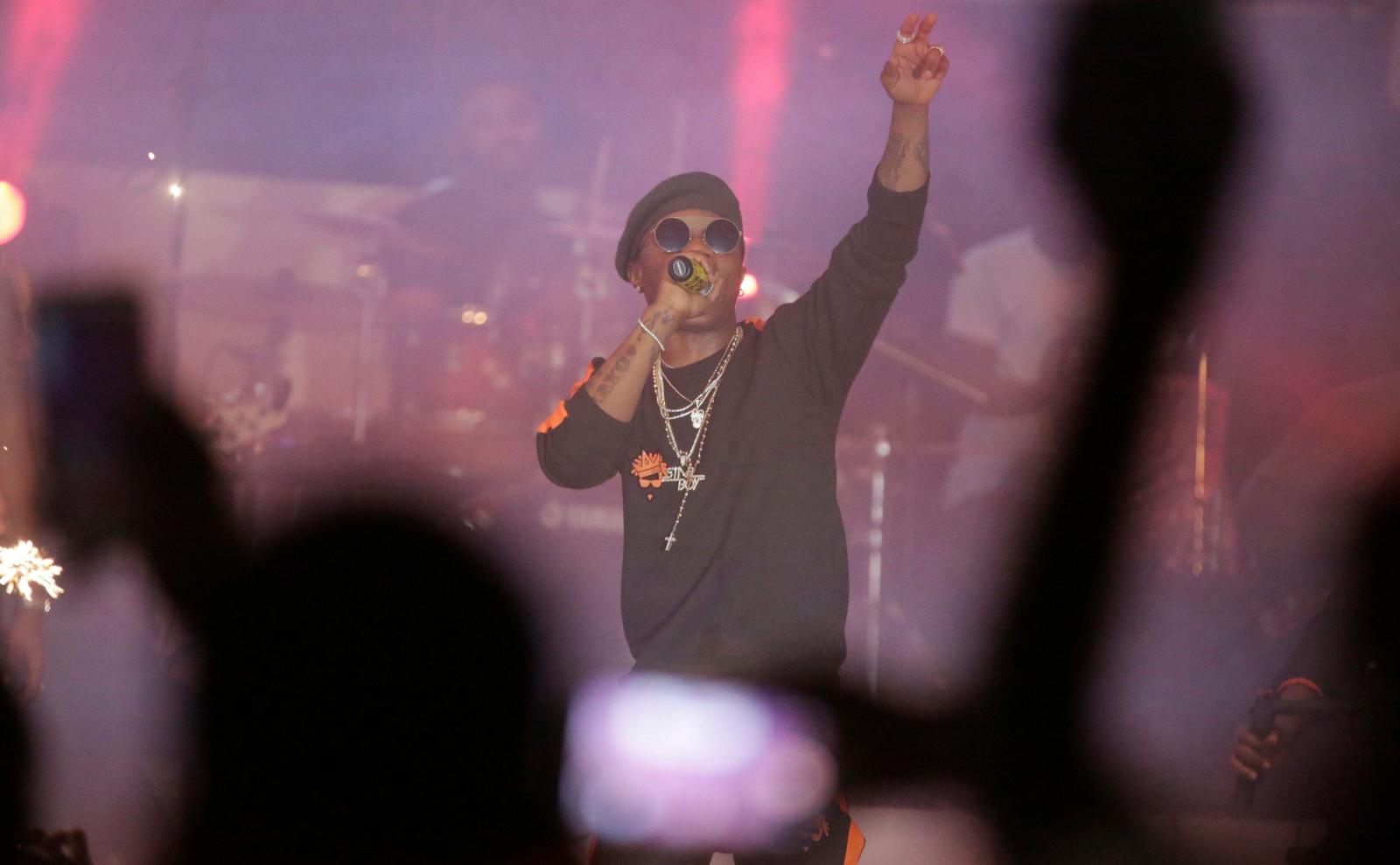
The road is long and weary and the journey has already begun. Our music already has its foot in the door and we can comfortably tick attention off our bucket list. What’s next is to maintain a level of consistency, diversify the sound, collaborate across sub-genres, improve the business end of the local industry, all of which will make afrobeats more viable.
We’ve already begun to export the other, more niche varieties of African music which will help project a full-bodied sound.
But there’s a lot to be done.
In the immortal words of one of the pioneers, a certain 2baba as he prefers to be called nowadays, “If I tell you say e easy o, na setup”.
Whle you’re here, let me tell you about a lil’ thing we’ve been working on.
It’s called Poppin’, a bite-sized newsletter that serves you with all that matters in pop culture, once a week. Think of breakdowns like the one you just read, with recommendations and quick bits on all you need to know.
If it sounds like something you’d like, sign up to the tribe here.

